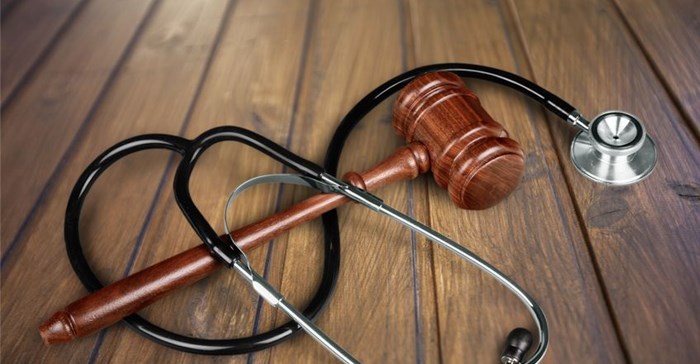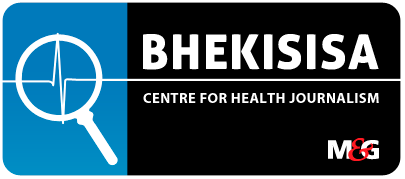Maybe a legislative solution is needed to cap damages in legitimate claims against medical practitioners.
This kind of solution could set out — in a manner consistent with existing legislation as well as the right to access courts in terms of the Bill of Rights and the Constitution — an appropriate dispute resolution mechanism for legitimate claims for when negligence occurs, and the claim is neither frivolous nor vexatious.
Patients are also consumers
It may be that medico-legal litigation has increased over the past years and it may be that such legal action has shifted to medical practitioners as opposed to the Road Accident Fund (RAF) because of the latter’s financial state. But the conclusion that healthcare workers are now the focus of legal action as a result of the RAF’s financial status is not the only plausible or reasonable conclusion that can be drawn in respect of a supposed increase in medico-legal litigation.
Patients are also consumers. Since 2004, with the coming into effect of the 2003 National Health Act, patients have been provided with additional legislative rights concerning, among other principles, informed consent and the legal right to participate in decisions affecting their healthcare and treatment.
Also, the 2008 Consumer Protection Act endowed patient-consumers with greater rights to understand the goods and services that they purchase, including medicines and medical treatments.
The coming into legislative existence of those rights coincided with information about medical treatments and options becoming more widely available to patients through the internet and social media.
Patient-consumers are now better informed than ever before not only about their rights but also about concomitant obligations of medical personnel.
The corollary to the empowerment of the patient-consumer is that, when matters go wrong, they are also aware of the numerous options available to remedy or redress such circumstances.
It may be easy to lay the blame for increased litigation at the feet of alleged avaricious lawyers, but it is worth remembering that lawyers are — first and foremost — officers of the court. We are charged in society with the administration of justice along with the judiciary.
Lawyers are a constituency that is not without the unscrupulous, but the checks and balances inherent in the legal system operate to eject frivolous and vexatious claims.
Judges do not simply hand out cheques and lawyers — in the vast majority — do not pursue claims without merit to achieve a contingency payment of one percentage or another.
The real reason is poor-quality healthcare
It is also readily apparent that the quality of healthcare will affect the outcomes of medical and legal interventions.
Poor-quality healthcare inevitably leads to adverse but otherwise avoidable medical outcomes that, in turn, sponsor legal interventions and encourage medico-legal litigation. Patient-consumers expect more for less and, when they receive less for more, they quite rightly turn to the legal system for help.
One should therefore not underestimate the prowess of the patient-consumer in the context of today’s legislative framework and the rights afforded to them to access adequate and reasonable healthcare services as contemplated by the Bill of Rights.
Patient-consumers will continue to enforce their rights by whatever legal means is available to them, especially where they are the recipients of inadequate medical services or treatment, which is the genesis of the harm that is legally actionable.





























